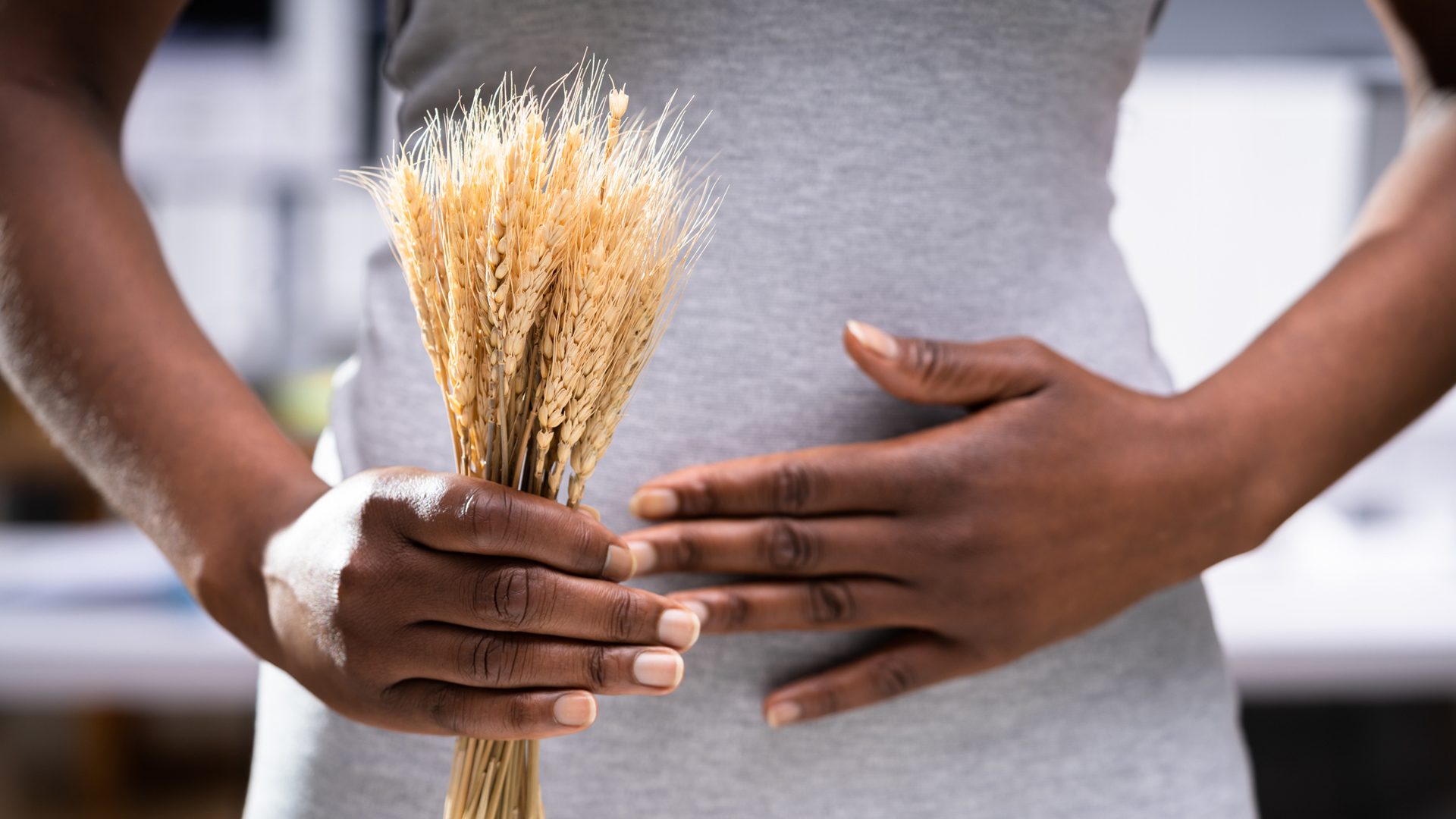ARTICLES > NOURISH
INTRODUCING GLUTEN TO YOUR BABY
Should you avoid feeding your baby gluten if there’s coeliac disease in the family? How much gluten is safe? Here’s what you need to consider.
Introducing gluten into a baby’s diet is a common concern for many parents, especially when there is a family history of coeliac disease. Many studies have tried to identify if the amount and/or timing of gluten introduction can affect an infant’s risk of developing coeliac disease with different, and at times conflicting, results.
Definitive recommendations about gluten introduction and coeliac disease risk is difficult, but be mindful that most of the risk for coeliac disease development relates to the genes the child is born with. In addition to gluten, other environmental factors may be involved in the risk and/or prevention of coeliac disease. Identifying and influencing these factors may lead to preventive strategies in the future.
WHEN SHOULD YOU INTRODUCE GLUTEN?
Current evidence suggests that the introduction of gluten should not be delayed, and timely introduction may be linked to a lower occurance of coeliac disease. This applies even to infants at higher risk of coeliac disease, such as when one or both parents have coeliac disease. Gluten should be introduced as per standard feeding practices followed in any other child.
HOW MUCH GLUTEN IS SAFE?
Some studies in infants who are genetically susceptible to coeliac disease (for example, have a parent with coeliac disease) have made an association between the amount of gluten consumed and the subsequent development of coeliac disease. However, more studies are needed to confirm the role of gluten in this association and determine whether a certain level of gluten in the diet is associated with risk for coeliac disease. Currently, there is insufficient evidence to define a ‘safe’ or ‘unsafe’ level of gluten that infants can be fed. Furthermore, there is no evidence that avoiding gluten altogether is helpful; this approach is not recommended as it could unnecessarily restrict the intake of important nutrients necessary for growth and development in childhood.
Aim for a broad and nutritious diet in all infants, including those who are genetically susceptible to coeliac disease. It is reasonable to introduce gluten in small amounts at the usual time and increase slowly as tolerated. If symptoms suggestive of coeliac disease develop, such as diarrhoea, then testing for coeliac disease should be discussed with your child’s doctor.
Note: It is NOT helpful to avoid the introduction of gluten. This is not recommended.
WHEN SHOULD YOU START SOLID FOODS?
In Australia, it is recommended that infants be exclusively breastfed (meaning no other foods or liquids other than breast milk) until around six months of age, when solid foods are introduced. It is further recommended that breastfeeding be continued, if possible, until 12 months of age and beyond, for as long as the mother and child desire.
If an infant is not breastfed or is partially breastfed, commercial infant formulas should be used as an alternative to breast milk until 12 months of age.
At around the age of six months (but not before four months), infants are ready for new foods, textures and modes of feeding. They also need more nutrients than can be provided by breast milk or formula alone. By 12 months of age and beyond, a variety of nutritious foods from the five food groups, as described in the Australian Dietary Guidelines, is recommended.
There is no particular order suggested for the introduction of the first solid foods, or rate that new foods should be offered. Most importantly, first foods should be nutritious, iron-rich and of suitable texture for the child’s stage of development.
The Australian Society of Clinical Immunology and Allergy (ASCIA) has shared guidelines that may help reduce the risk of infants developing allergies. All infants should be given allergenic solid foods, including peanut butter, cooked egg, dairy and wheat products, sometime during their first year. Once introduced, continue to give these foods to your baby regularly (twice weekly), as part of a varied diet.
BREASTFEEDING
Breastfeeding provides important health benefits for both mother and child. Although breastfeeding does not seem to help prevent the development of coeliac disease, this in no way negates the importance or benefits of breastfeeding for both mother and child.
READ THIS NEXT

ARE MY SUPPLEMENTS GLUTEN FREE?
Can you still have your supplements if you have coeliac disease? Accredited Practising Dietitian and health expert with Coeliac Australia Penny Dellsperger shares her advice.

WHAT TO DO IF YOU ACCIDENTALLY EAT GLUTEN
If you have a gluten sensitivity or coeliac disease, you might know straight away after an accidental gluten intake. Here’s how to ease your symptoms.

EATING WELL FOR A HEALTHY BABY
Congrats – you’re pregnant! But what if you have coeliac disease? Here’s what you need to know.
See more















0 Comments